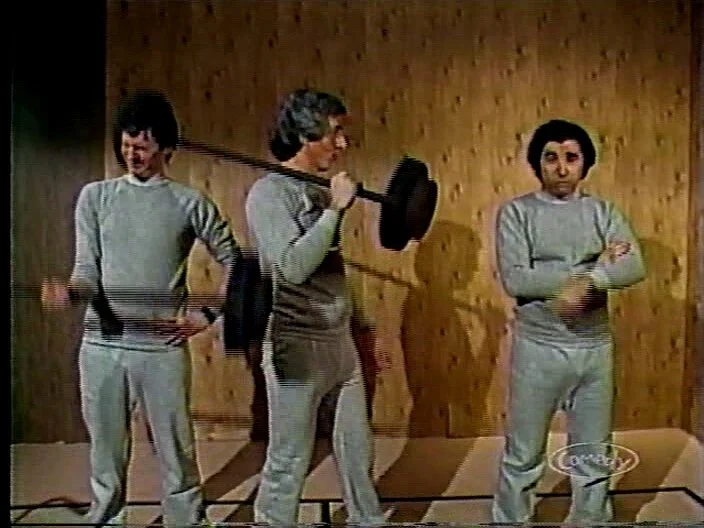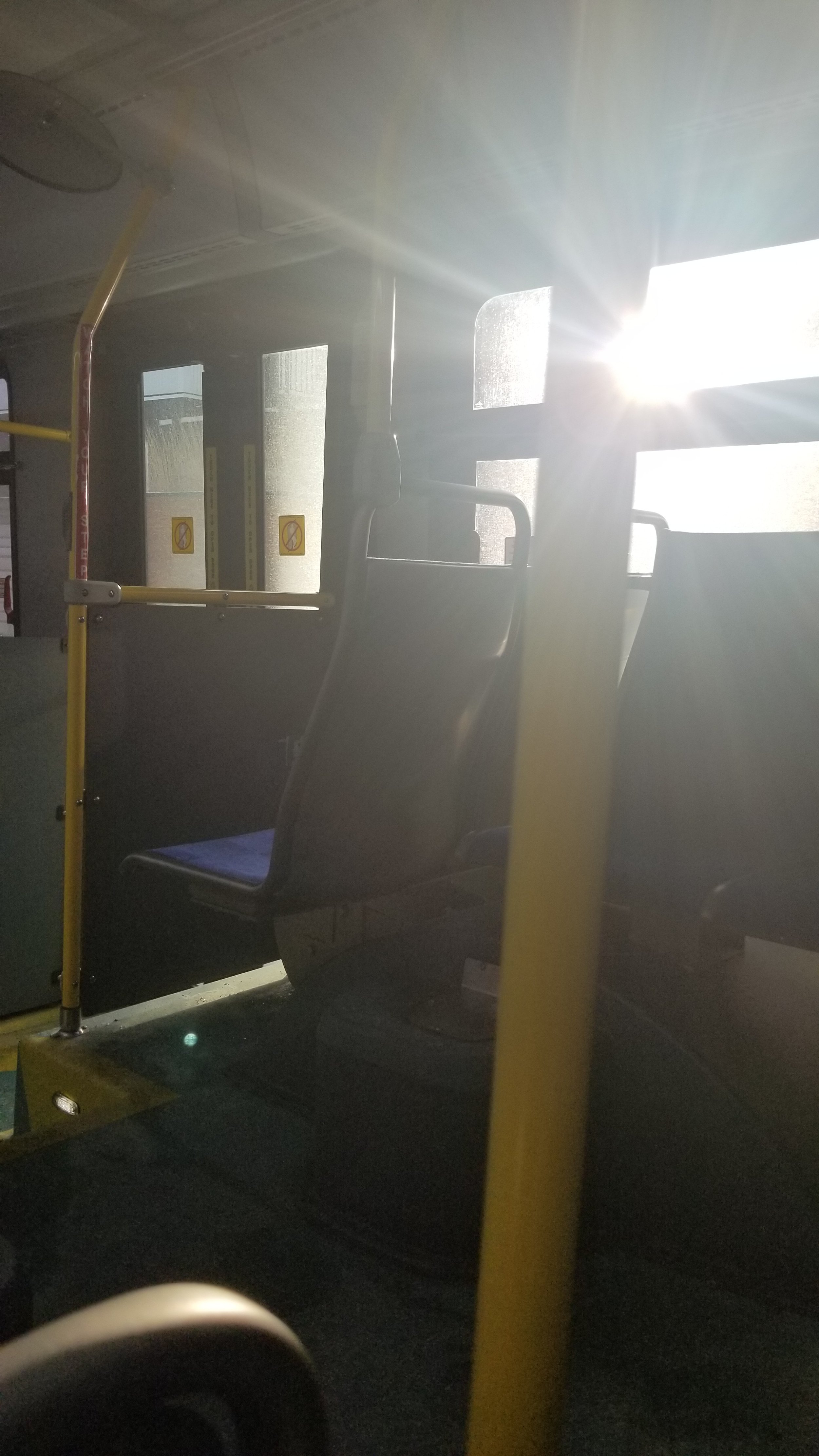Review: QUEER ACTS Theatre Festival
/Since 2009, QUEER ACTS Theatre Festival shares queer live theatre works and provides an outlet for local artists as a part of celebrations for Halifax's Pride Week. This year's festival ran July 18-21 at The Bus Stop Theatre in Halifax's North End, and served to remind what a strong GLBTQ community and vital local arts scene exists in this city.
The festival debuted a new program, Queer Youth Creations, with two shows by queer youth. Aisha Sommer Zaman's Seventeen, the more straightforward of the two, is an expansion of the playwright's earlier monologue Cosmo-Girl, inspired by her own experiences with magazines that market a rigid ideal toward teenage girls. This ideal is personified in Seventeen by a tall, conventionally-pretty young woman (Becca Guilderson) who assumes different antagonistic roles for the other characters' (Bethany Dunn, Ailsa Galbreath and Lisa Nasson) struggles with identity. In the most comedic storyline, one girl tries to navigate sex with her boyfriend; the Ideal dons a lab coat, glasses and clipboard to goad her into being a sexual aggressive "perfect lover" for her frightened boyfriend (James MacLean). Another character struggles with her sexuality, and the tiara-wearing Ideal becomes a personification of her internalized homophobia, as she tells her that for the pretty, popular ones, any same-sex activity is "fooling around", and that to be a "dyke" would be a violation of her femininity. The Ideal is at her cruelest as a "thin coach" to her third victim, who battles a negative self-image, as she reminds her that "pretty" means thin and white; this leads to near-tragic consequences. Zaman's work is witty and assured, and the ending is a powerful reminder that the individual battles to ignore "perfection" don't end when you stop reading the magazines.
Shaista Latiff brought her moving one-woman show Graceful Rebellions from Toronto's Buddies In Bad Times Theatre. Latiff examines the conflicts that culture and belief has with sexuality, identity and belonging through three separate characters. Two characters, Leili and Wazma, occupy different spaces within the strict Muslim cultural codes of Afghanistan. Leili is a young girl, not even in her teenage years, dreaming about her wedding day; the expectations for women within Afghan society make her optimism and joy about this day all the more bittersweet. Wazma is living disguised as a man, using this power and control to protect her family in a way she could not as herself. A third monologue by first-generation Canadian Zenat, links the other two characters' battles to her own struggle to assert herself as a gay woman to Afghan parents. The direct way Latiff engages the audience as each character makes their experiences all the more vivid.
Evan Brown's Litmus Road, presented by the Us vs. Them Theatre Cooperative, was by far the most complex, ambitious and disquieting work presented in the whole festival. Opening with the crumbling facade of perfect newlyweds in a rocket-age suburban scene, the audience soon learns that this scene is an experiment playing out. As the play progresses, the audience is subject to many sharp turns in the story as the scientists controlling these chimeras have so many expectations turned upside their head; the result is that each new answer only brings more questions, many that continue to linger long after the story concludes. Brown's aims for this play succeed thanks in large part to the performances of the company: Hugo Dann was chilling as the project's creator Curtis, but a lot of the emotional heft of the play is carried by Kim Parkhill (Stannach) and Garry Williams (Capra), who draw the audience into their growing horror. While the play could be tightened up a bit (parts of it dragged), the overall impression left by Litmus Road was of a haunting work with an unexpected and brutal emotional impact,
In contrast to Brown's play, Lee-Anne Poole's autobiographical one-woman show Country Song: A Queer Ballad managed to provide as strong an emotional experience as Litmus Road through simplicity, intimacy and vulnerability. Poole taught herself how to play the guitar for this play, and her stabs at original songs capture the directness and unadorned truths that characterize the most timeless country music. The music also serves as an example of action in the face of fear, and is a launching point for Poole to examine the idea of "home" and her relationship with her father, and how they influence her own identity. Dustin Harvey's direction is unobtrusive, and by the end of the play, the audience feels like they have shared in one of Poole's most private conversations.
After the powerful and, at times. heartbreaking material in the other plays, The Cabin Crew's Jet Legs served as a reminder of the sheer joy to be had at Pride Week, through a playful sketch/variety show where a cobbled-together flying machine served as the backdrop for some raunchy farce and improvised fun with a different guest every night. The show began particularly strong, with a well-produced opening video set to the Perfect Strangers theme, introducing the audience to Zed (Megan McDowell), Jo (Margot Durling) and Lil (Krista Davis). Each performer had a feature segment; the mustached Jo's euphemism-heavy segment on "packing" was a highlight. The second half of the show is in the form of an interview for a potential pilot; the guest that night was local radio personality Jaclyn Irwin, and many laughs came from watching her don a wig and play along. The Cabin Crew has put together quite a few shows, and each performer's ability to feed off the audience's energy gave the show an extra magnetism. Jet Legs felt like the perfect kick-off to the Pride Week festivities.
The QUEER ACTS Theatre Festival serves as an important forum for these artists, voices, and stories, and I look forward to seeing what the coming years have in store for this outlet for local talent.








It’s been a while since I’ve posted here.